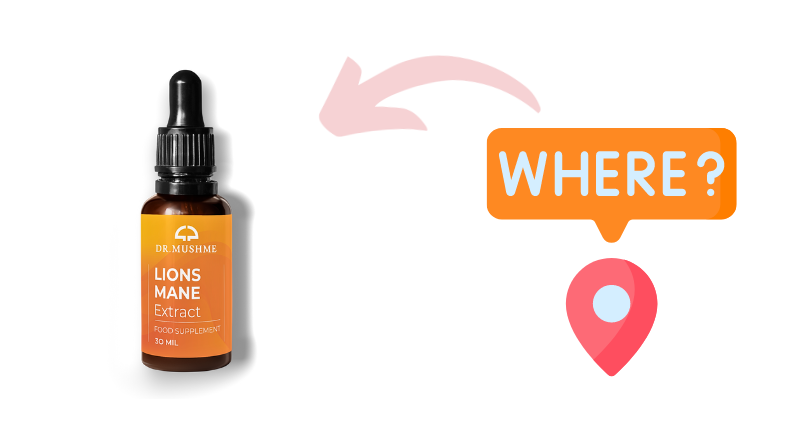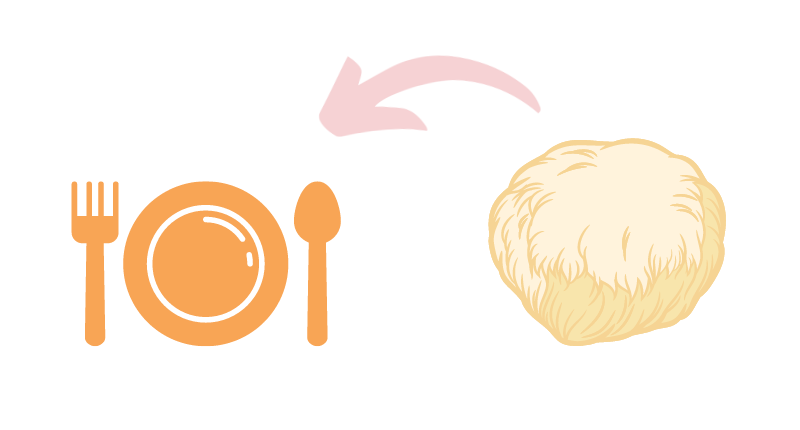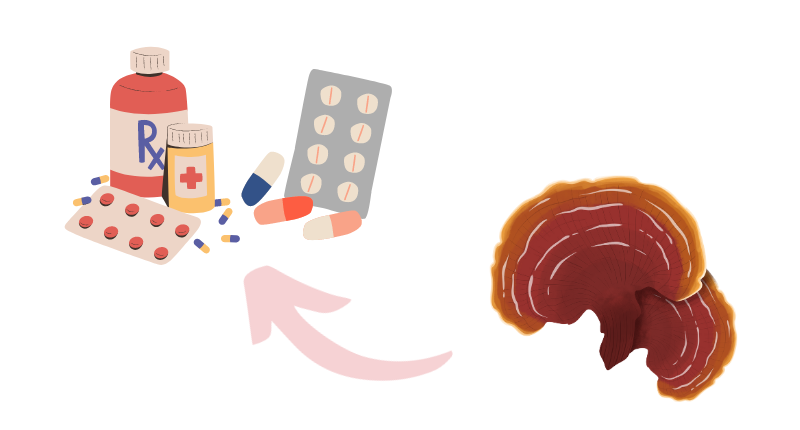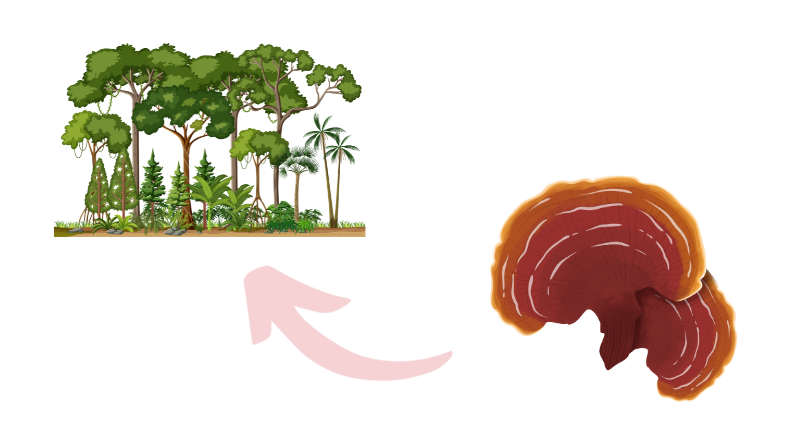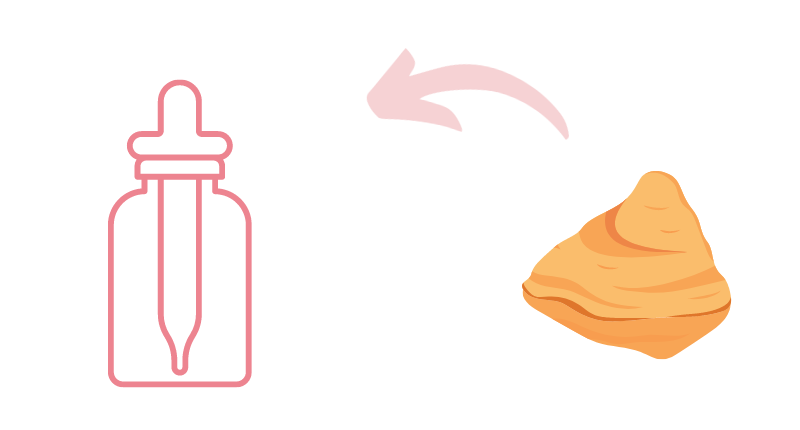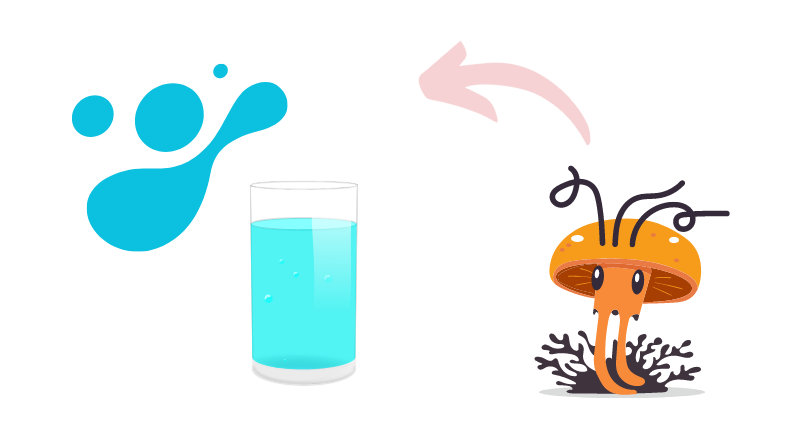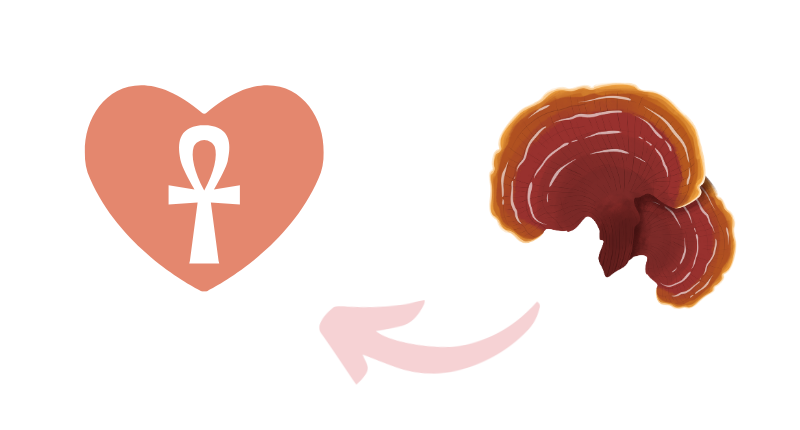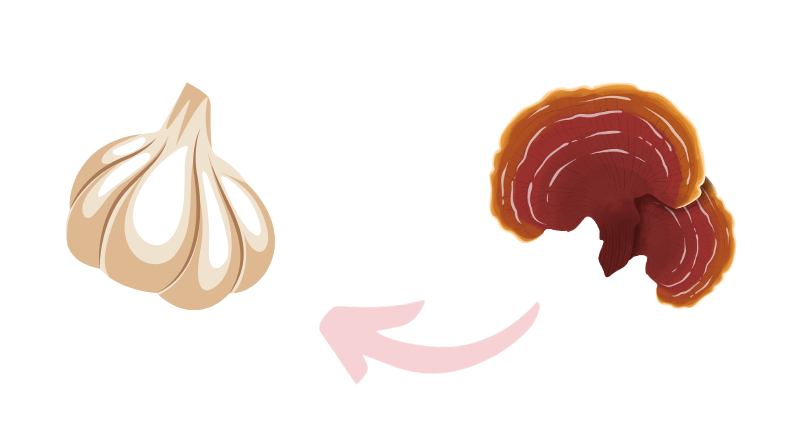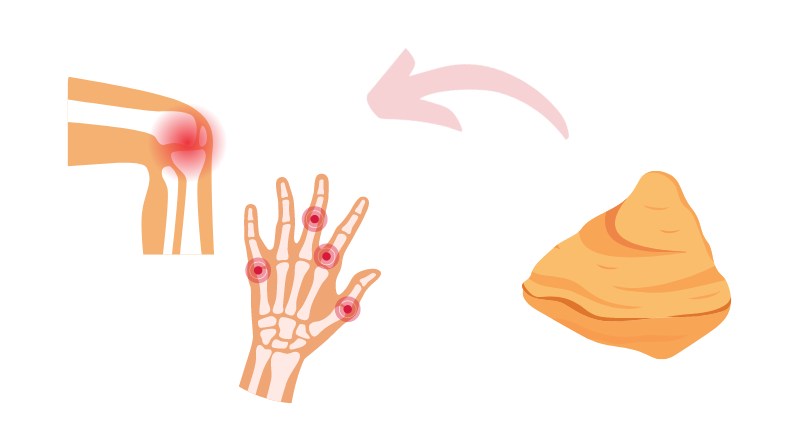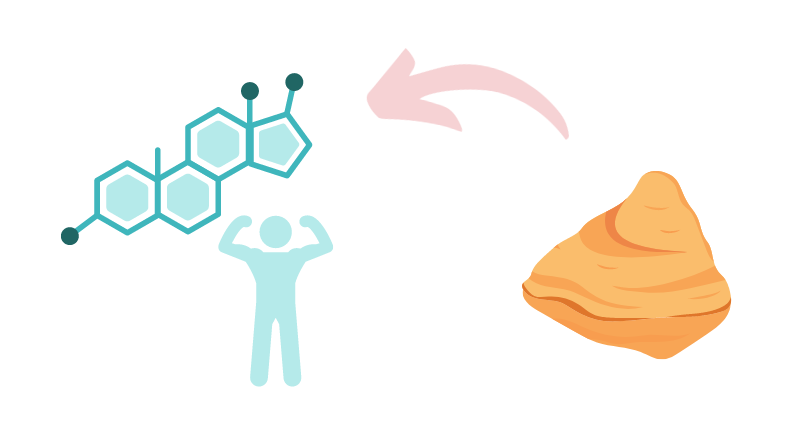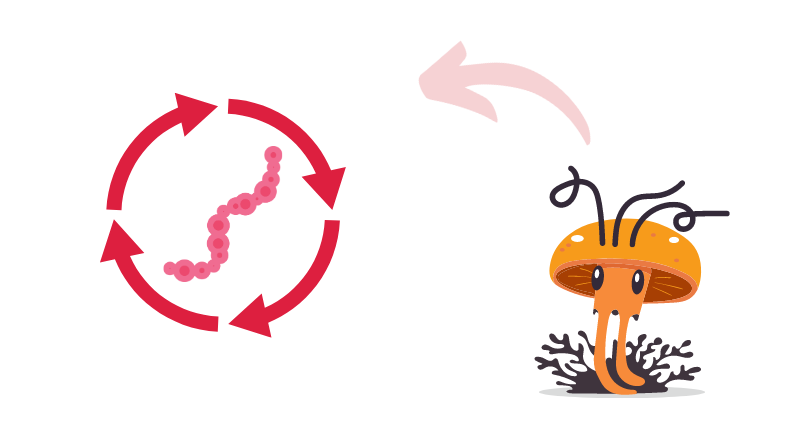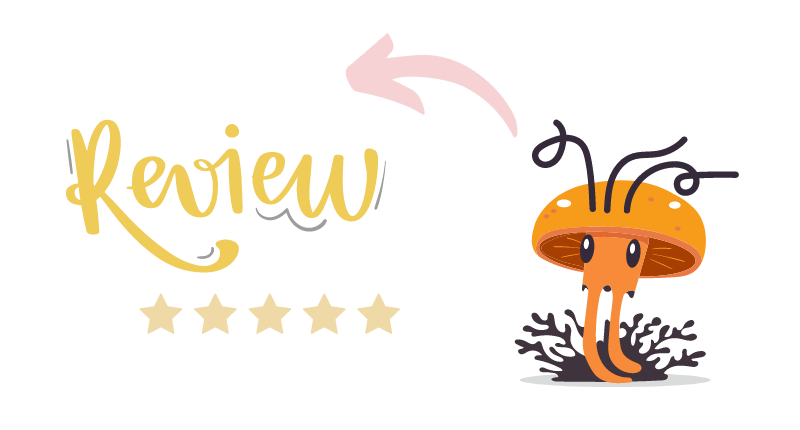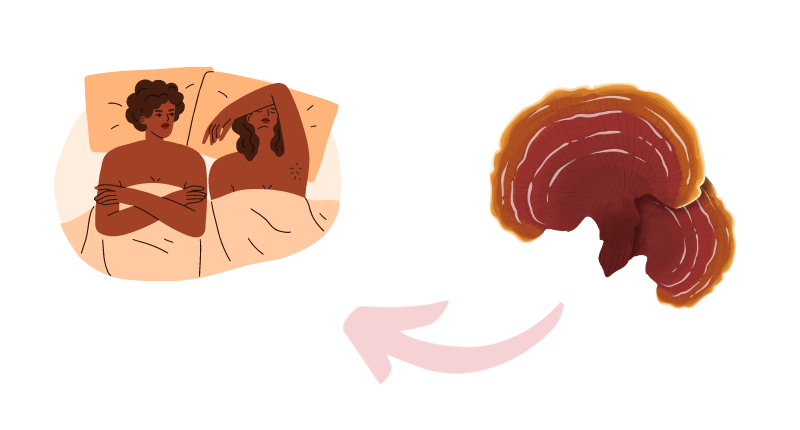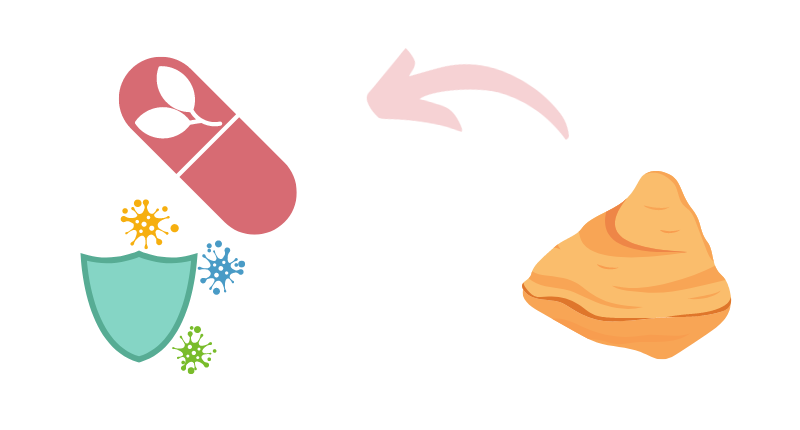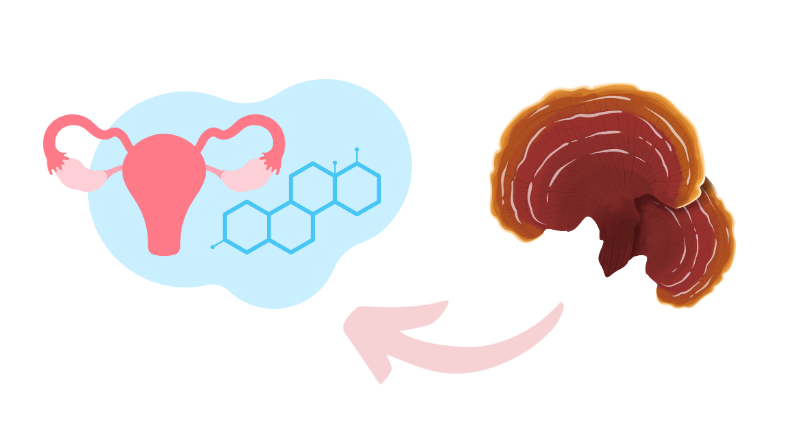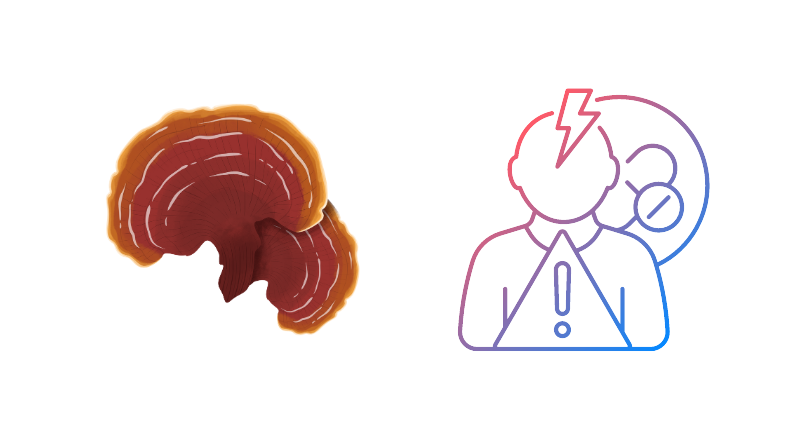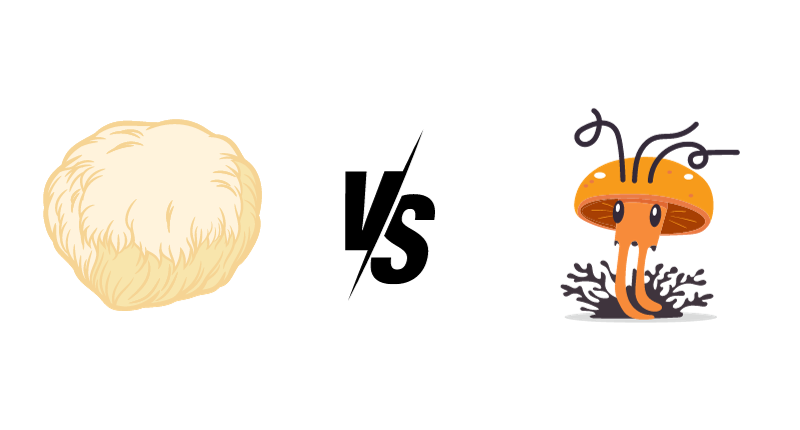In the recent years, lion’s mane (Hericium erinaceus) has received more attention as a possible remedy for brain fog and other cognitive impairment. This interesting mushroom has been used for centuries in traditional medicine, and contemporary research is beginning to close the gap on ancient knowledge. In this article, we are going to dive into the science of Lions Mane and how it can help relieve brain fog. Prepare yourself for the most comprehensive analysis on the web!
WHAT IS BRAIN FOG?
One of the most common symptoms is brain fog, or mental fatigue, which can have a major effect on daily functioning.It is characterized by:
-Difficulty concentrating
-Poor memory
-Lack of mental clarity
-Low energy levels
There are also many causes of brain fog, these may include stress, poor dietary habits and sleep disorders in addition to some medical conditions. As important as it is to target the root causes, people are resorting to natural treatments such as Lions Mane in order to enhance cognitive performance and reduce brain fog.
LIONS MANE: In a nutshell.
Lions Mane is a type of edible mushroom that has several other names, such as the Pom-Pom or Bearded Tooth. It grows only in North America, Europe and Asia. It is named after the peculiarity of its appearance, which resembles a lion’s mane because of cascading spines that look like icicles.
Lions Mane has been used in Chinese and Japanese medicine for a long time, which is attributed to numerous health benefits that it possesses especially on the nervous system as well brain function[^1^]. With the increase in scientific interest, research has started to reveal what this strong mushroom is capable of.
HOW LIONS MANE CAN COMBAT BRAIN FOG
Lions Mane has several properties that may help alleviate brain fog:
- Boosts neurotrophic factors: Lions Mane contains compounds that stimulate the production of nerve growth factors (NGFs), which are crucial for maintaining and repairing neurons[^2^]. This can lead to improved cognitive function and reduced brain fog.
- Promotes neurogenesis: By increasing the production of NGFs, Lions Mane also promotes the growth of new neurons, which can help improve memory and cognitive function[^3^].
- Reduces inflammation: Chronic inflammation can contribute to brain fog and cognitive decline. Lions Mane has been shown to possess anti-inflammatory properties, which may help protect the brain and improve cognitive function[^4^].
- Antioxidant effects: Oxidative stress is another factor contributing to cognitive decline and brain fog. Lions Mane has potent antioxidant properties that can help protect the brain from oxidative damage[^5^].
THE SCIENCE BEHIND LIONS
Numerous studies have explored the effects of Lions Mane on cognitive function and brain health. Here, we’ll examine some of the most compelling findings:
- Improvement in mild cognitive impairment: A double-blind, placebo-controlled study conducted on older adults with mild cognitive impairment found that participants who took Lions Mane extract for 16 weeks experienced significant improvements in cognitive function compared to those who received a placebo[^6^].
- Neuroprotection in animal models: Studies on mice have shown that Lions Mane can protect against neurodegenerative diseases such as Alzheimer’s and Parkinson’s by promoting the production of NGFs and reducing inflammation[^7^].
- Enhancement of memory and learning: In another study on mice, researchers found that Lions Mane extract improved memory and learning abilities, suggesting potential benefits for human cognition[^8^].
- Reduced symptoms of anxiety and depression: A study on menopausal women showed that supplementation with Lions Mane reduced symptoms of anxiety and depression, which can often contribute to brain fog[^9^].
OTHER HEALTH BENEFITS OF LIONS MANE
In addition to its potential for reducing brain fog and improving cognitive function, Lions Mane has been associated with several other health benefits:
- Immune system support: Lions Mane contains beta-glucans, which can help stimulate the immune system and protect against infection[^10^].
- Digestive health: Traditional medicine has used Lions Mane for its beneficial effects on the digestive system, and research has shown it may help protect against stomach ulcers and support gut health[^11^].
- Wound healing: Some studies suggest that Lions Mane may promote wound healing, thanks to its anti-inflammatory and antimicrobial properties[^12^].
SAFETY AND DOSAGE RECOMMENDATIONS
Lions Mane is generally considered safe for most people, with few reported side effects. However, some individuals may experience allergic reactions or digestive discomfort. It’s always a good idea to consult your healthcare provider before starting any new supplement regimen.
There is no standard dosage for Lions Mane, as studies have used varying amounts. In general, a daily dose of 500-3,000 mg of Lions Mane extract is recommended for cognitive support[^13^]. It’s available in various forms, including capsules, powders, and extracts.
MORE READING: LION”S MANE & ASHWAGANDHA
CONCLUSION
Lions Mane is a fascinating mushroom with a wealth of potential benefits for brain health and cognitive function. Research suggests that it may help alleviate brain fog by promoting the growth and repair of neurons, reducing inflammation, and providing antioxidant support. With its additional health benefits and general safety profile, Lions Mane could be a valuable addition to your daily supplement routine.
REFERENCES
- Wasser, S. P. (2017). Medicinal mushrooms as a source of antitumor and immunomodulating polysaccharides. Applied Microbiology and Biotechnology, 60(3), 258-274.
- Mori, K., Obara, Y., Hirota, M., Azumi, Y., Kinugasa, S., Inatomi, S., & Nakahata, N. (2008). Nerve growth factor-inducing activity of Hericium erinaceus in 1321N1 human astrocytoma cells. Biological & Pharmaceutical Bulletin, 31(9), 1727-1732.
- Mori, K., Inatomi, S., Ouchi, K., Azumi, Y., & Tuchida, T. (2009). Improving effects of the mushroom Yamabushitake (Hericium erinaceus) on mild cognitive impairment: a double-blind placebo-controlled clinical trial. Phytotherapy Research: An International Journal Devoted to Pharmacological and Toxicological Evaluation of Natural Product Derivatives, 23(3), 367-372.
- Li, I. C., Lee, L. Y., Tzeng, T. T., Chen, W. P., Chen, Y. P., Shiao, Y. J., & Chen, C. C. (2018). Neurohealth Properties of Hericium erinaceus Mycelia Enriched with Erinacines. Behavioural Neurology, 2018.
- Rahman, M. A., Abdullah, N., & Aminudin, N. (2014). Inhibitory effect on in vitro LDL oxidation and HMG Co-A reductase activity of the liquid-liquid partitioned fractions of Hericium erinaceus (Bull.) Persoon (lion’s mane mushroom). BioMed Research International, 2014.
- Phan, C. W., Lee, G. S., Hong, S. L., Wong, Y. T., Brkljača, R., Urban, S., … & Sabaratnam, V. (2014). Hericium erinaceus (Bull.: Fr) Pers. cultivated under tropical conditions: isolation of hericenones and demonstration of NGF-mediated neurite outgrowth in PC12 cells via MEK/ERK and PI3K-Akt signaling pathways. Food & Function, 5(12), 3160-3169.
- Mori, K., Ouchi, K., & Hirasawa, N. (2015). The Anti-Inflammatory Effects of Lion’s Mane Culinary-Medicinal Mushroom, Hericium erinaceus (Higher Basidiomycetes) in a Coculture System of 3T3-L1 Adipocytes and RAW264 Macrophages. International Journal of Medicinal Mushrooms, 17(7).
- Lai, P. L., Naidu, M., Sabaratnam, V., Wong, K. H., David, R. P., Kuppusamy, U. R., … & Malek, S. N. (2013). Neurotrophic properties of the Lion’s mane medicinal mushroom, Hericium erinaceus (Higher Basidiomycetes) from Malaysia. International Journal of Medicinal Mushrooms, 15(6).
- Nagano, M., Shimizu, K., Kondo, R., Hayashi, C., Sato, D., Kitagawa, K., & Ohnuki, K. (2010). Reduction of depression and anxiety by 4 weeks Hericium erinaceus intake. Biomedical Research, 31(4), 231-237.
- Vetvicka, V., & Vetvickova, J. (2014). Immune-enhancing effects of Maitake (Grifola frondosa) and Shiitake (Lentinula edodes) extracts. Annals of Translational Medicine, 2(2).
- Shang, X., Tan, Q., Liu, R., Yu, K., Li, P., & Zhao, G. P. (2013). In vitro anti-Helicobacter pylori effects of medicinal mushroom extracts, with special emphasis on the Lion’s Mane mushroom, Hericium erinaceus (higher Basidiomycetes). International Journal of Medicinal Mushrooms, 15(2).
- Friedman, M. (2016). Mushroom polysaccharides: Chemistry and antiobesity, antidiabetes, anticancer, and antibiotic properties in cells, rodents, and humans. Foods, 5(4), 80.
- Stamets, P. (2005). Mycelium running: How mushrooms can help save the world. Ten Speed Press.



